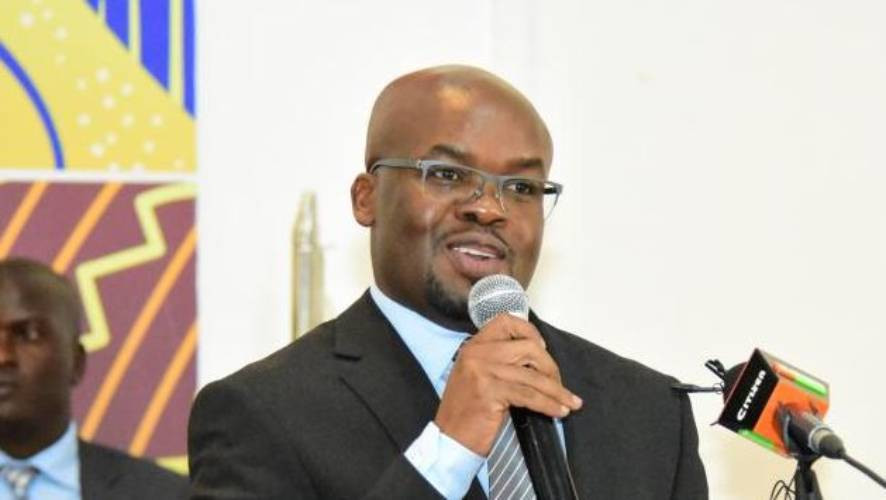×
The Standard e-Paper
Truth Without Fear

Audio By Vocalize

The government has launched a Border Security and Control Curriculum to train its officials on how to manage the entry and exit of people and services at the border points.
The curriculum, which will also form part of the career progression of the officials, aims to ensure that Kenya becomes a regional and international hub in trade, travel and security. It will also help curb illegal immigrants and unauthorized goods entering the country.
